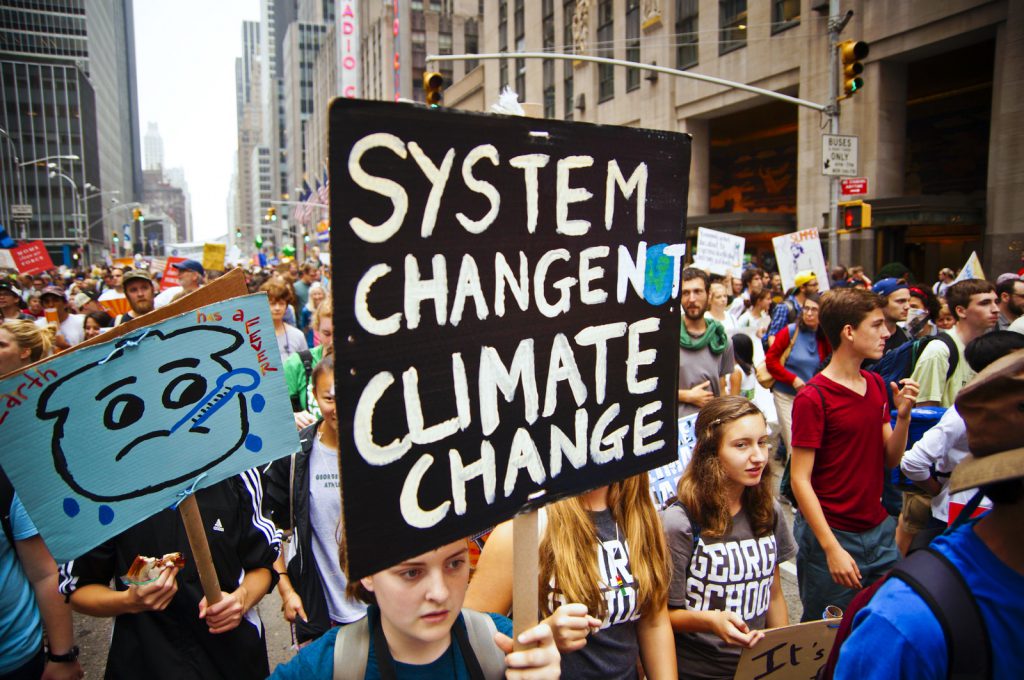Cities are home to more than half the world’s population and also the source of most global CO2 emissions, which are one of the main causes of climate change.They are pivotal sites of both risk and resistance. There are many direct and indirect social and cultural impacts of climate change, but let’s see closer which concretely these problems are: one of the most serious impacts of climate change is how it is affecting water resources around the world. Water is intimately tied to other resource and social issues such as food supply, health, industry, transportation and ecosystem integrity. Another problem is that the health of human beings is affected by climate change, either directly through changing weather patterns, or indirectly through changes in water, air, food, ecosystems, livelihoods and infrastructure. Generally, these direct and indirect exposures can cause death, disability and suffering. Ill-health increases vulnerability and reduces the capacity of individuals and groups to adapt to climate change. As most cities are located on coastlines and waterways, they are particularly vulnerable to the effects of climate change, such as rising sea levels and powerful storms, but yet because of the risks they incur and the resources they consume, combined with the flexibility of their governments, cities have become important laboratories for developing climate change resistance and resilience strategies. Cities are in fact leading in the way in responding to climate change, becoming therefore pioneers when it comes to do it. The city emerges as a particularly important place in which to understand the social impacts of both climate change itself and policies to mitigate its effects. They are also places marked by diversity and inequality. Inequalities are entrenched in urban space, and socially marginalized and vulnerable populations disproportionately bear the burden of environmental ills. Societies that are more unequal are fatally impaired when it comes to addressing crises early enough to be effective, because elite decision makers are insulated from environmental problems until it is too late. On the other hand, in more egalitarian societies, the impact is felt earlier by everyone, and decision makers take measures, even dramatic ones, that can save the society. As governments now work to address climate change, social justice and equity become crucial components. Ultimately, environmental problems are social problems: solving them requires changing society.
Letizia Pellegrini, Alessia Mazzini e Giorgia Peroni 3^AL
